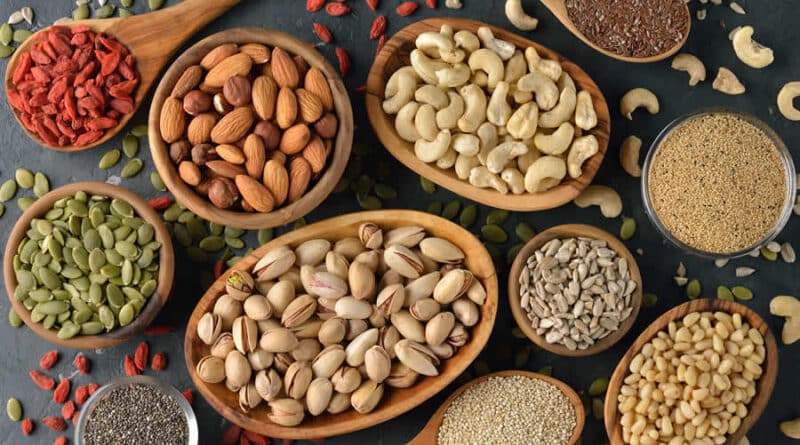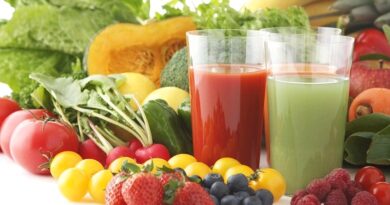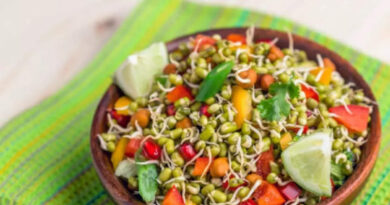Nuts and Seeds
Nuts and Seeds are all around us but how much do we really know about them? As more and more varieties of nuts and seeds enter our common culinary experience, it’s important to understand their uses and their nutritional benefits. Nuts and seeds are tiny but they deliver a protein, fiber, and nutrient punch with every bite.
What are Nuts and Seeds ?
A nut is a simple dry fruit consisting of one or two edible kernels inside a hard shell. Conversely, seeds are a small edible plant enclosed in a seed coat. Most nuts are seeds, but not all seeds are nuts. Nuts generally are fruits that have a hard outer shell that doesn’t crack open naturally. Seeds, on the other hand, typically naturally open and free themselves from the shell.
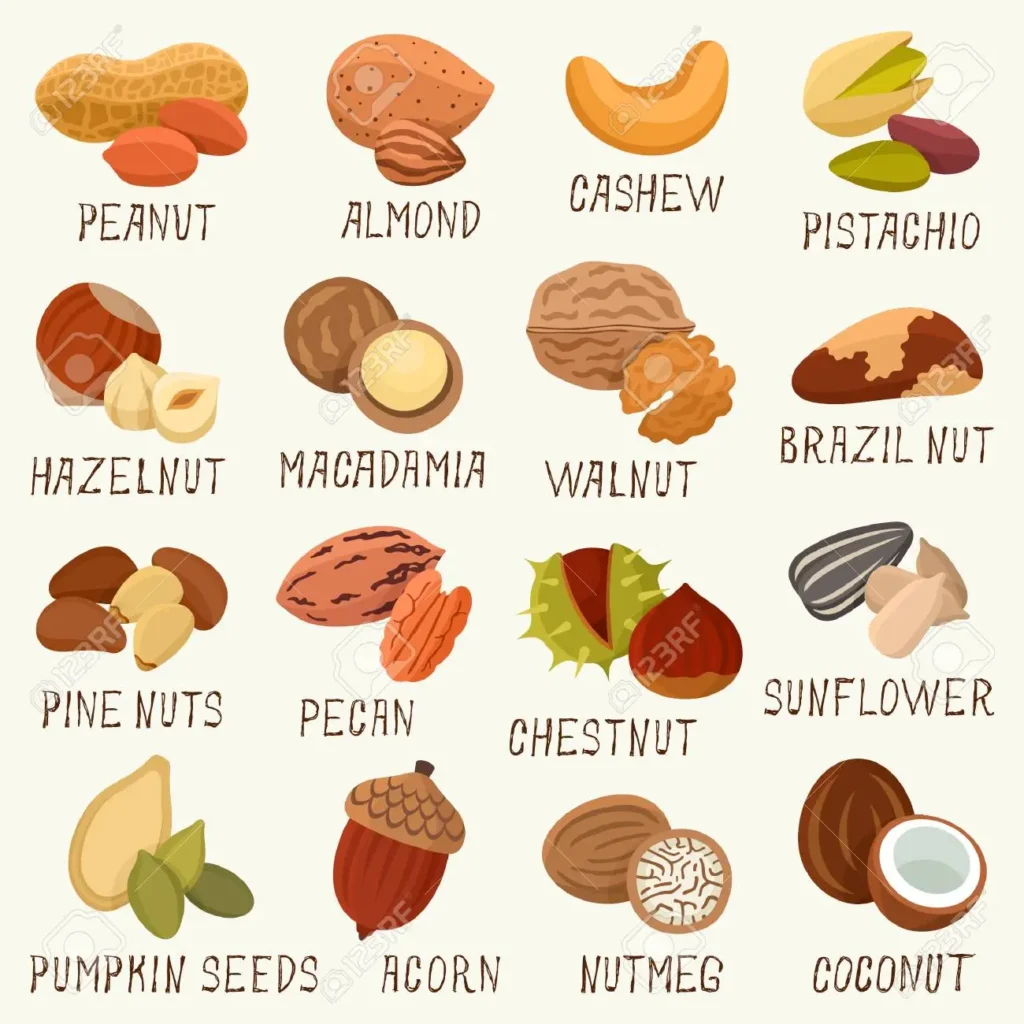
Interestingly, some common (ground) “nuts” commonly used and thought of as nuts, specifically peanuts, actually belong to the legume family and are not a true nut. Nutritionally speaking, most nuts and seeds generally contain many of the same nutrients. They’re rich in protein, vitamins, minerals, healthy fats, and fiber.
Why to consume Nuts and Seeds ?
Eating nuts and seeds daily may increase your life span upto two years. Studies tell that not eating enough nuts and seeds is the third-leading dietary risk factor for death and disability in the world (i.e. fifteen times more than all those who die from overdose or heroin and cocaine). People who eat nuts and seeds on daily basis tend to suffer fewer deaths from cancer, heart disease and respiratory disease. In short, following are the benefits of consuming nuts and seeds daily :-
- Nuts and seeds are good sources of protein, healthy fats, fibers, vitamins, and minerals.
- Nuts and seeds regulate body weight as their fats are not fully absorbed, they regulate food intake, and help burn energy.
- Nuts and seeds contain unsaturated fats and other nutrients that provide protective effects against heart disease.
- The Dietary Guidelines recommend a nut intake of 30 grams on most days of the week as part of a healthy diet for adults.
What are Nuts ?
Nuts are actually the seeds of plants. Most are the seeds of trees; peanuts, however, are the seeds of a legume. Many, including walnuts and cashews, grow inside leathery fruits, with the nut corresponding to the peach pit (also a seed) within a peach. Others, such as hazelnuts and chestnuts, are classified as true botanical nuts (hard, dry fruits that don’t open to release a separate seed).
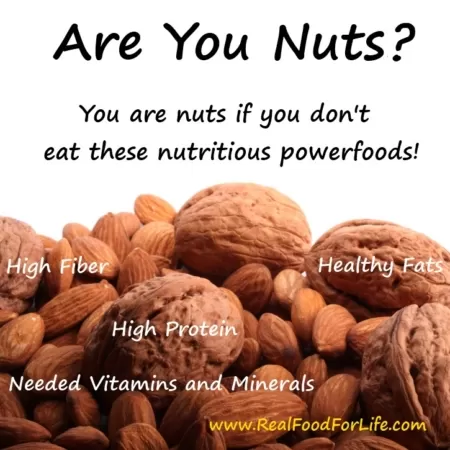
What are different type of Nuts ?
Nuts include:
- Almonds
- Brazil nuts
- Cashew nuts
- Hazelnuts
- Macadamias
- Pecans
- Pine nuts
- Pistachios
- Walnuts
- Peanuts are legumes, they are classified as nuts due to their similar characteristics to other tree nuts.
What are benefits of nuts ?
Most nuts have very similar macronutrient (protein, carbohydrate, and fat) profiles, but different types of nuts may have slightly different micronutrient (vitamin and mineral) content.
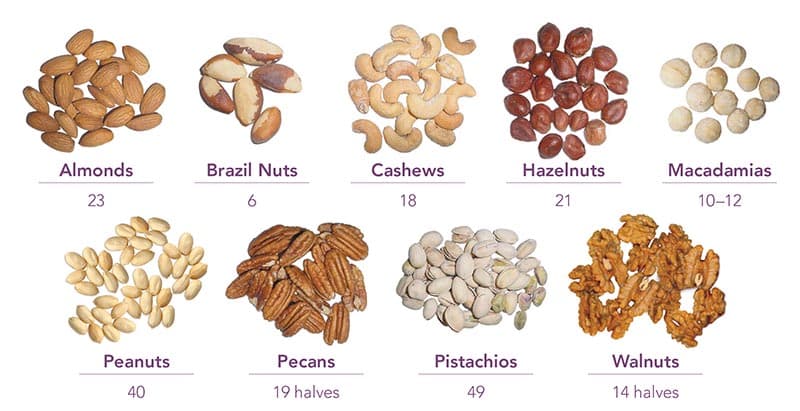
Nuts have about 29 kJ of energy per gram, and are:
- High in ‘good fats’
- Monounsaturated fats (most nut types) and polyunsaturated fats (mainly walnuts)
- Low in saturated fats
- Good sources of dietary protein
- A good alternative to animal protein
- Some nuts are also high in amino acid arginine, which keeps blood vessels healthy
- Free of dietary cholesterol
- High in dietary fibre
- Rich in phytochemicals that act as antioxidants
- Rich in vitamins and minerals – vitamins include – E, B6, niacin and folate) and minerals include – magnesium, zinc, plant iron, calcium, copper, selenium, phosphorus, and potassium.
What are Seeds ?
Unlike the seeds we call nuts, culinary seeds come from vegetables (such as pumpkins), flowers (such as sunflowers), or crops grown for a variety of uses (such as flax or hemp).
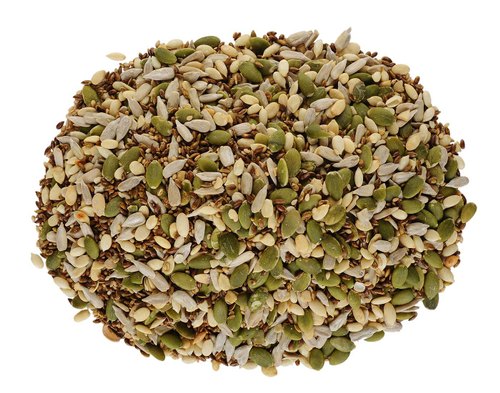
What are different type of Seeds ?
The nutrient profiles of seeds are also very similar to those of nuts. Common seeds include:
- Pumpkin seeds
- Flax seeds
- Sesame seeds
- Poppy seeds
- Sunflower seeds
- Psyllium seeds
- Chia seeds.
What are benefits of Seeds ?
Like nuts, most seeds are rich in:
- protein, healthy fats, and fibre
- minerals (such as magnesium, potassium, calcium, plant iron and zinc),
- vitamins B1, B2, B3 and vitamin E.
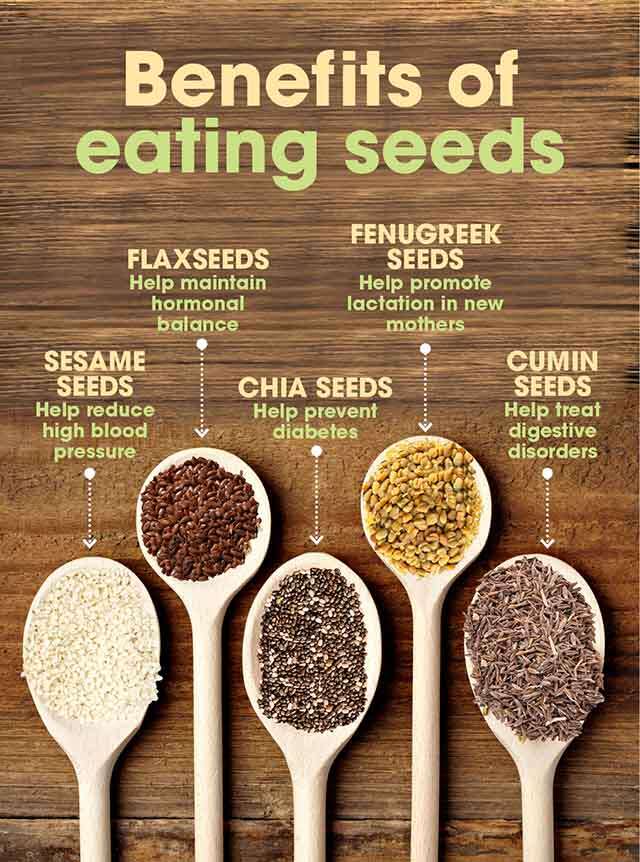
Oily seeds also contain antioxidants that stop the fats from going rancid too quickly.
Due to the unique nutrient profiles of nuts and seeds, they are known to provide several health benefits, such as:
- helping to maintain your weight
- reducing your heart disease risk
- reducing your diabetes risk.
Peanuts and Peanut Butter
The peanuts are not actually nuts but technically they are legumes but they’re often lumped together with true nuts in dietary surveys and studies. Peanuts are particularly high in B vitamins, copper, manganese, protein, molybdenum, phosphorus, and vitamin E. However, they are more susceptible to molds and fungus, particularly one known as aflatoxin. Aflatoxins are produced by a fungus that can grow on peanuts and are considered to be a carcinogen by the FDA. Therefore, using moderation with peanuts and peanut butter is recommended. In addition, a high quality, organic source of peanuts and peanut butter is more likely to contain fewer, if any, aflatoxins.
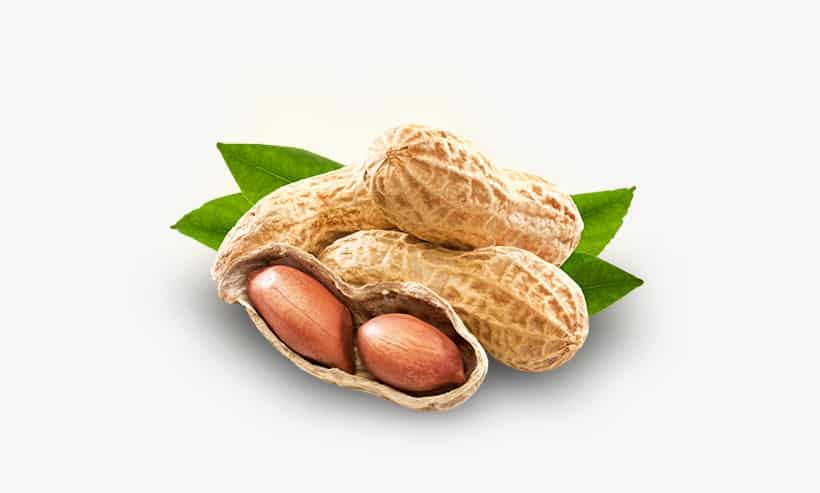
Studies have found that woman at high risk for heart disease who ate a tablespoon of peanut butter five or more days a week appeared to nearly halve their risk of suffering a heart attack compared to women who ate a serving or less per week. Also, adolescent girls in high school who consumed just one or more servings of peanut a week appeared to have significantly lower risk of developing lumpy breasts, which can be a marker for increased breast cancer risk.
Almonds & Almond Butter
Almonds are particularly high in B vitamins, vitamin E, manganese, copper, phosphorus, magnesium, molybdenum, fiber, monounsaturated fats, and protein. The healthy fats in almonds help support a healthy, functioning cardiovascular system, but ensure only quality and fresh nuts are used so that the oils have not had the chance to go rancid. A compound in the skin of almonds has been found to act as a prebiotic, which is food for the good bacteria in our gut.
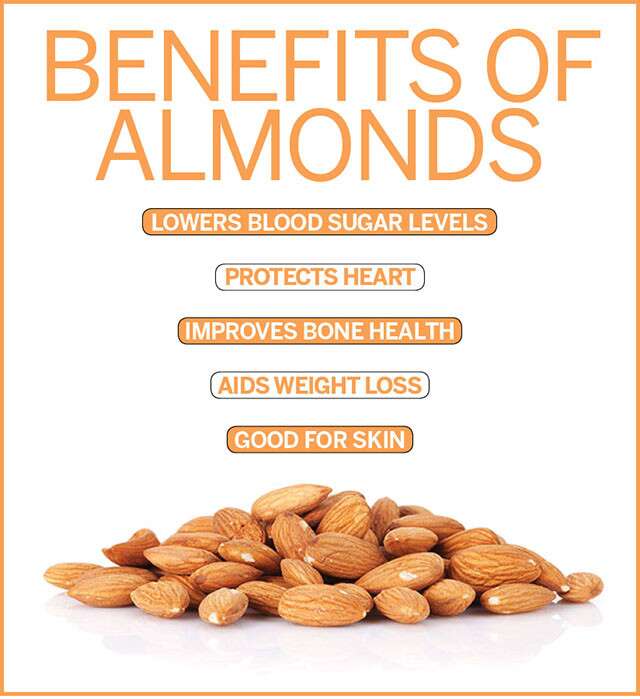
Cashews & Cashew Butter
Cashews are the nuts found in the middle of a cashew apple. They are high in copper, phosphorus, manganese, zinc, protein, and mono and polyunsaturated fats. When using cashews to make nut butter, it’s best to soak them prior to making the butter to allow for a creamy texture. Because of the high(er) healthy fat content of cashews, coupled with their relatively neutral and creamy taste, cashews make very versatile nut ingredients that can be used to make a variety of foods and recipes, including cheeses, creams, and different spreads.
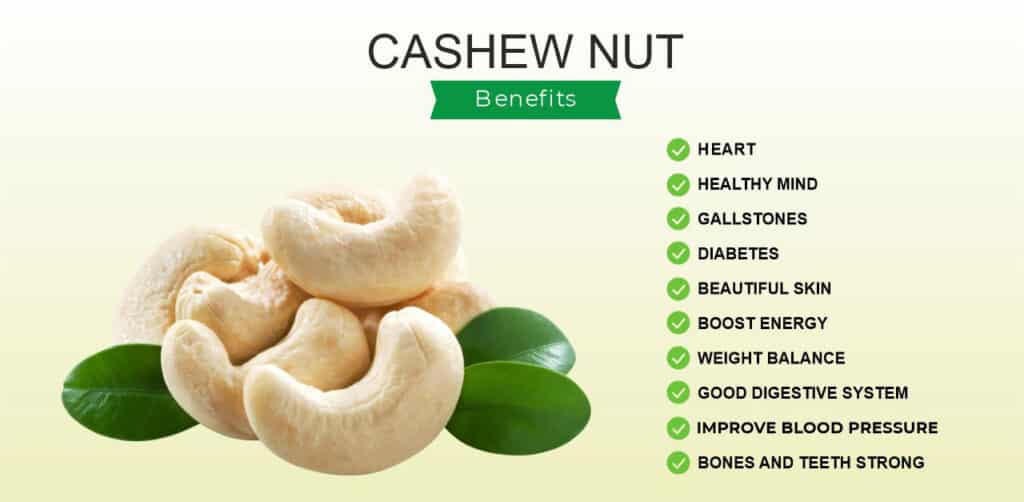
Walnuts and Walnut Butter
Of all the nuts studied by the scientists, maximum benefits were found associated with walnuts particularly for preventing cancer deaths. Walnuts have among the highest antioxidants and omega-3 levels, and they beat other nuts in vitro in suppressing cancer cell growth.Walnuts contain omega-3 fatty acids, biotin, B vitamins, molybdenum, manganese, copper, protein, and monounsaturated fats.
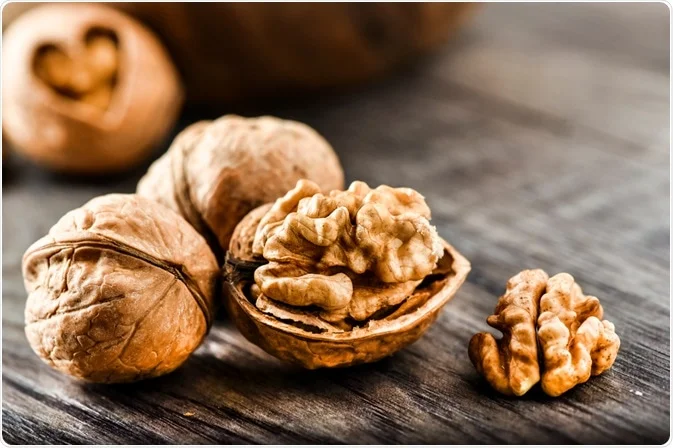
Due to its higher omega-3 fatty acid content, walnuts have been thought to be particularly helpful for fighting inflammation (such as gout, arthritis, and other joint and inflammatory issues), heart disease and other cardiovascular issues, diabetes, and healthy brain functioning (including issues such as depression and ADHD). Because these omega-3 fatty acids are somewhat unstable, it is best to consume walnuts raw and as fresh as possible to ensure the omega oils have not gone rancid.
Sunflower Seeds & Butter
Sunflower seeds are packed with B vitamins, vitamin E, copper, manganese, selenium, magnesium, phosphorus, healthy fats, dietary fiber, and protein.
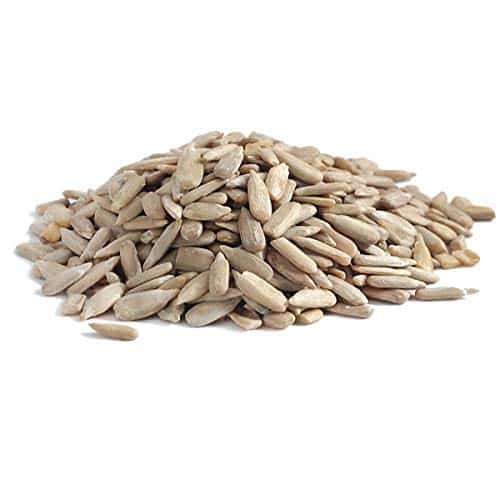
Like cashews, sunflower seeds are a more versatile seed that can be used to not only make sunflower seed butter but can also be used to make flour for baking.
Pumpkin Seeds & Butter
Pumpkin seeds contain more zinc than any other nut or seed and also contain good amounts of vitamins and minerals such as manganese, phosphorus, magnesium, copper, iron, healthy fats, protein, and fiber.
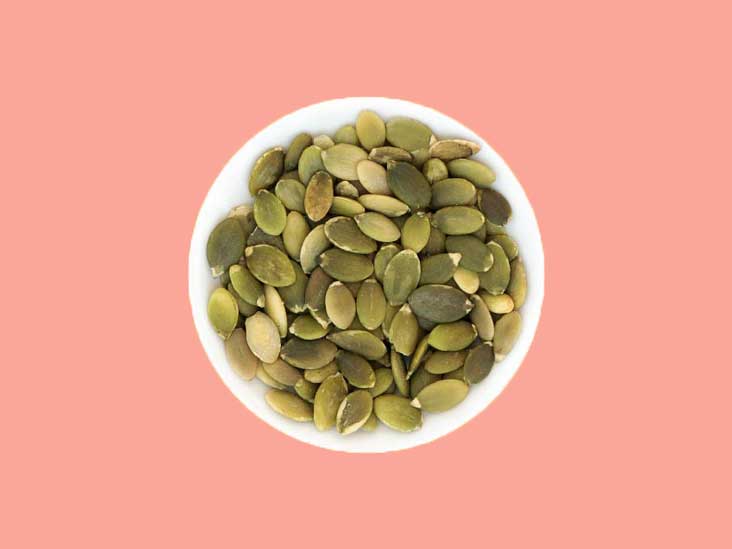
Sesame Seeds & Butter
Sesame seeds are extremely high in calcium, more so than any other nut or seed. They are also good sources of copper, manganese, magnesium, phosphorus, iron, zinc, selenium, fiber, and protein.
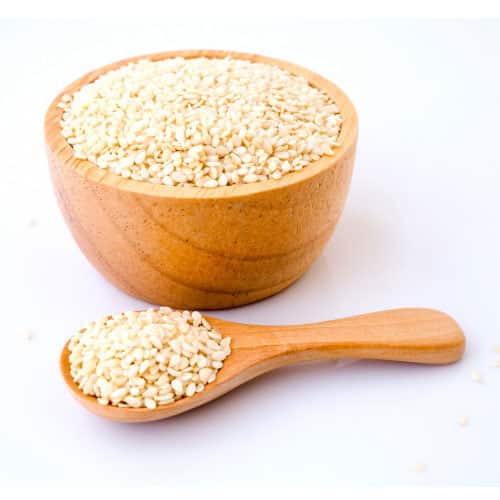
Sesame seed butter (tahini) is also a versatile butter than can be used in a variety of dishes and spreads and can even be added to smoothies, salad dressings, and other such foods for an extra nutritional boost!
How to include Nuts and Seeds in your diet ?
Different types of nuts have slight differences in their vitamin and mineral content, so eating a variety of nuts will increase your levels of various nutrients. Tips on how to make nuts and seeds a part of your diet include:
- Instead of snacking on biscuit or piece of cake as a snack, have a handful of raw or dry roasted nuts.
- Combine nuts and seeds with low-energy dense foods (such as vegetables). This is a good way to enhance vegetable-based meals – such as in Asian-style dishes or added to a salad.
- If you are vegan or vegetarian, nuts and seeds are a good protein substitute for meats, fish and eggs. They also contain fat, iron, zinc and niacin. You may need more than 30 grams of nuts and seeds a day to ensure adequate protein.
- Eat them with vitamin C rich foods and add them to drinks (such as tomato, capsicum, orange and citrus juices) to boost your iron absorption.
- There is no need to soak or remove the skin of nuts (or ‘activate’ them) unless you prefer the flavour and texture of soaked nuts. In fact, the skin of nuts is high in phytochemicals that have antioxidant and anti-inflammatory properties.
- Roasting nuts (either dry or in oil) enhances their flavour but has little impact on their fat content. This is because nuts are physically dense and cannot absorb much oil, even if they are submerged in it. Most nuts only absorb 2% of extra fats.
- Salted nuts are not recommended due to their higher sodium content – especially if you have high blood pressure. Save salted nuts for parties and make raw and unsalted roasted nuts your everyday choice.
Are there any Harmful Effects of Nuts ?
Nuts can be a choking hazard
Whole nuts are not suitable for children under 3 years because they may cause choking if they are not chewed well. However, nut and seed spreads or paste (such as peanut or almond butter, or nut and seed oils) can be included in young children’s diets from 6 months.

Nuts can trigger allergic reactions
All tree nuts, peanuts and seeds may trigger life-threatening allergic reactions (anaphylaxis) in those with nut allergies. Unlike many other allergies where children seem to ‘grow out of it’, peanut allergies tend to persist into adulthood. There is no cure for allergies, so if you or your child have a nut or seed allergy, avoid nuts, seeds and foods containing them until you have seen a doctor who specialises in food allergies (an allergist). They will conduct medically supervised food tests to find out which nuts or seeds you may be allergic to.

Do the Nuts & Seeds cause Obesity ?

Nuts and nut butters are packed with nutrition and calories. For example, just two tablespoons of a nut or seed butter might contain nearly two hundred calories. So, more calories should result in weight gain. But till date, there have been about twenty clinical trials in nuts and weight, and not a single one showed the weight gain you might expect. All studies showed less weight gain than predicted, no weight gain at all or weight loss. There are two reason for that
- Hunger and Fullness :- Nuts are high in calories, but through a combination of dietary compensation mechanism i.e nuts are so satiating and good at suppressing appetite that you end up eating less food overall which can sometimes lead to weight loss.
- Fat Absorption :- Fats in nuts are not fully digested and absorbed by the body. When less fats are absorbed it means that less energy from nuts is absorbed too.
- Energy Expenditure :- Research suggests that nuts can increase the amount of energy we burn. Energy we burn following a nut-enriched meal comes from fat sources, meaning that we burn more and store less fat.
What is relation between Nuts and Heart Diseases ?
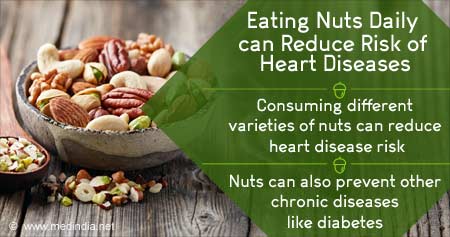
Including nuts as part of your diet has been linked with a lower risk of heart disease. Although high in fats, nuts are good sources of healthy fats (such as monounsaturated and polyunsaturated fats), and are low in (unhealthy) saturated fats. This combination of ‘good fats’, makes nuts heart healthy – they help to reduce low density lipoprotein (LDL) cholesterol, (known as ‘bad’ cholesterol) in the body. LDL cholesterol can add to the build-up of plaque (fatty deposits) in your arteries, which can increase your risk of coronary heart disease.Nuts also help to maintain healthy blood vessels and blood pressure (through their arginine content), and reduce inflammation in the body as they are high in antioxidants.
What is relation between Pistachio Nuts and Sexual Dysfunction ?
For Men :- 40 percent of men over forty age have erectile dysfunction. Erectile dysfunction (ED) is the recurrent or persistent inability to attain or maintain an erection for satisfactory sexual performance. The reason is the artery clogging diet. The arteries in the penis are half the size of the coronary artery in the heart. Therefore, the amount of plaque you wouldn’t even feel in the heart could clog half the penile artery, causing symptomatic restriction in the blood flow. Thus hardening of the arteries may lead to softening of the penis. Men with erection difficulties in their forties have fifty fold increased risk of having a cardiac event (like sudden death). A clinical study found that men who ate three or four handfuls of pistachios a day for three weeks experienced a significant improvement in flood flow through penis, accompanied by significantly firmer erections.
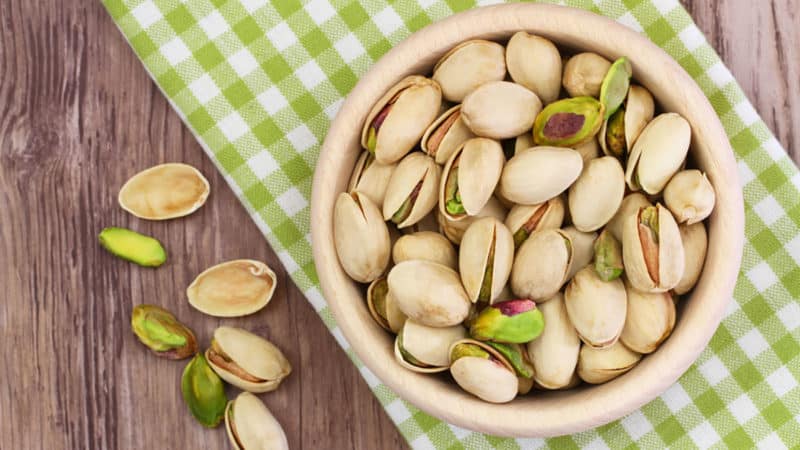
For Women :- Women with higher cholesterol levels report significantly lower arousal, orgasm, lubrication and sexual satisfaction due to clogging of pelvic arteries. Eating just two handfuls of nuts weekly can improve artery clogging and may extend a woman’s life as much as jogging four hours a week.

